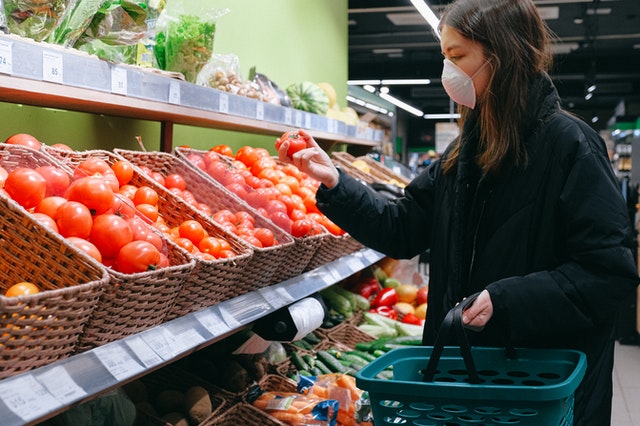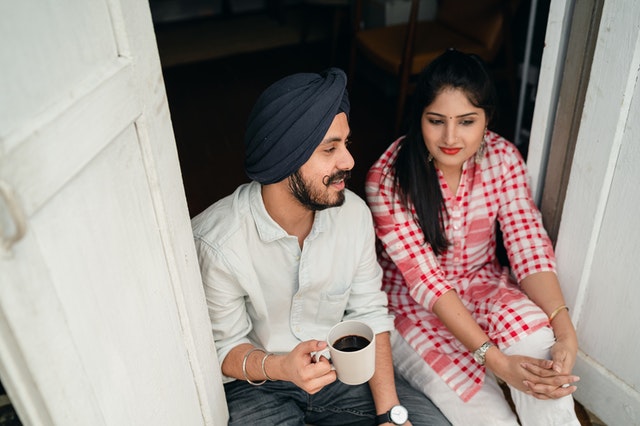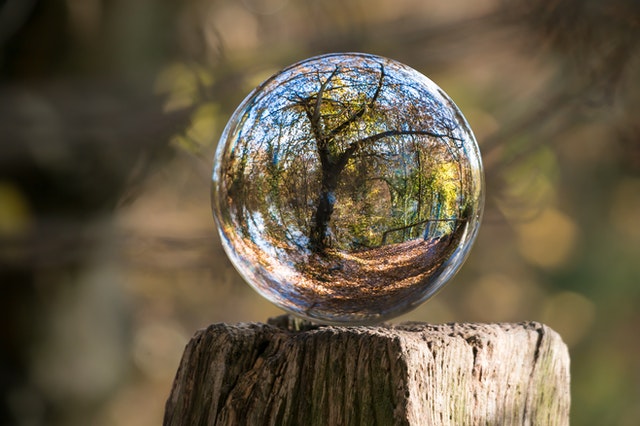19 Jun What can we learn from Covid 19?

Covid 19 rattles the world as we know it. It reveals the limited control we have. Uncertainty has become part of everyday life. Research shows around a quarter of us may be experiencing significantly elevated levels of anxiety and depression (1). In our vulnerability we have many questions – many with no answers. How do we best live through this? What can we learn? Is there any reason to be optimistic?
The pandemic and our mental health
Since the pandemic outbreak, a lot of practical advice on how to take care of our mental health has been made available. A few basic pieces of advice are well known to really help. Sometimes they can be more or less easy to follow, depending on how you are feeling. In general though, eating well, sleeping well, having a routine, even if it is a new routine, will make you feel better.

“Love and death are great gifts that are given to us; mostly, they are passed on unopened” – Rainer Maria Rilke
What can Covid 19 teach us about living?
Covid 19 also raises more philosophical questions. What can the pandemic teach us about living? Will we and the world change after this and how? Frank Ostaseski is a Buddhist end of life carer. He has lived with the question what death can teach us about living. He says we can not be truly alive without maintaining an awareness of death. Covid 19 brings death closer. In a western society where death is largely hidden, death through a pandemic is now visible every day. It seems an invitation for us to discover what matters most.

Listening in crisis
When something unwanted approaches, it is natural for fear to arise (2). This happens with Coronavirus too. It is frightening. Frank means that love is the motivation that enables us to move toward fear. Not to get through it, but to include it so we can learn from it. One way to move towards fear is to practise listening.
“Anybody can get worked up if they have the intention. It's peacefulness that is hard to come by...” – Barbara Kingsolver
If you eavesdrop on conversations, you will notice how little we pay attention to one another. It seems we use each other to trigger our own thoughts and associations (3). Learning to listen with respect makes a big difference and is especially important in uncertain and frightening times. One way to practise listening is to actively practise not knowing. When we ask genuine questions and listen without trying to impose, we often learn something. Learning lies in being present with one another, rather than finding the answer or the solution.
Coronavirus – a collective trauma

Trauma has a huge impact on all aspects of human civilisation and on our individual lives (4). Whilst Covid-19 is a collective trauma impacting all of us, each experience of this is unique. Depending on our history and surrounding circumstances we will experience this crisis very differently. This pandemic is not hitting humanity evenly. How you are feeling and how you are reacting to this is ok.
“Evolution is a problem-creating as well as a problem-solving process`` - Jonas Salk
It is normal to feel grief over what we have lost. It is normal to anticipate grief over what we may lose. Dr Gabor Mate, trauma and addiction specialist, points out that this type of health crisis many people on this earth live with all the time. But experiencing this threat in the west is quite new. A link to the whole interview “Wisdom In The Time Of Covid-19” with Dr Mate is available here.
Is there a reason to be optimistic?
Alain de Botton is a British philosopher. In this 14-minute interview he talks about the silver lining created by the corona-virus pandemic. It is a time when we are suffering and feeling anxious together. The pretence of the normal world has gone and we are more open to be vulnerable with one another.
“In the west they say panic, panic. We say relax, everything is out of control” – Buddhist monk, Unknown
If it feels hard
Sources:
1)Rettie, H., & Daniels, J. Coping and tolerance of uncertainty: Predictors and mediators of mental health during the COVID-19 pandemic. American Psychologist, Vol 76, Issue 3 (2021)
2)Ostaseski, F., The Five Invitations – Discovering what death can teach us about living fully. McPherson’s Printing Group, 2017.
3) Cozolino, L., The Making of a Therapist – a practical guide to the inner journey. W.W. Norton & Company, Inc., New York, 2004
4) Ogden, P., Minton, K., Pain, C., Siegel, D. Trauma and the Body – A Sensorimotor Approach to Psychotherapy. WW Norton & Co, 2006
5) Leia Y. Saltzman, Tonya Cross Hansel, and Patrick S. Bordnick. Loneliness, Isolation, and Social Support Factors in Post-COVID-19 Mental Health. Psychological Trauma: Theory, Research, Practice, and Policy. American Psychological Association, 2020





Sorry, the comment form is closed at this time.